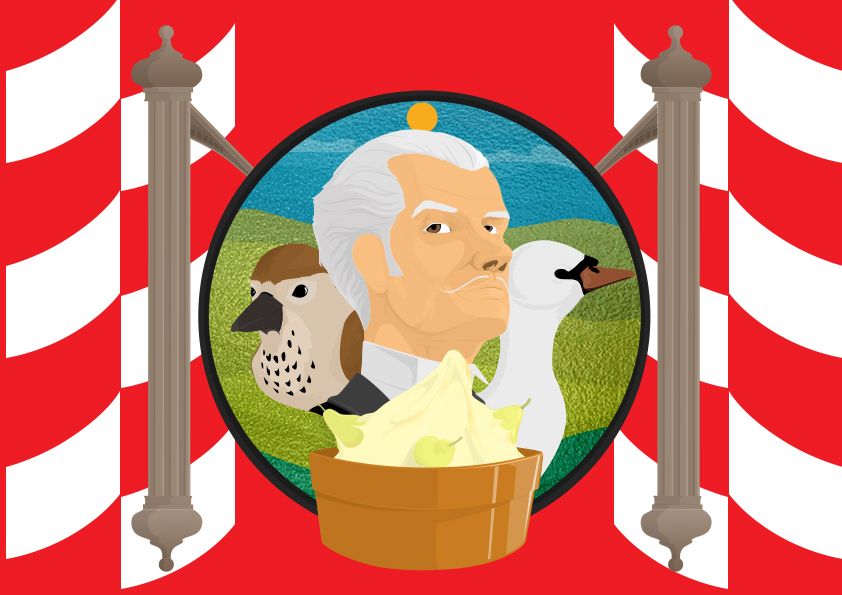THIS IS A SHORT STORY INSPIRED BY THE CAROL: The Twelve Days of Christmas On the twelfth day of Christmas,my true love sent to me: Twelve drummers drumming Eleven pipers piping Ten lords a-leaping Nine ladies dancing Eight maids a-milking Seven swans a-swimming Six geese a-laying Five golden rings Four calling birds Three French hens Two turtle doves, and A partridge in a pear tree CAST OF CHARACTERS: Polly Mrs. Dunkel The Maestro Teresia, “The New Soprano” Vicenzio, “The Valet” …
Twelve Dark DaysRead More »
Interested in non-clickbait content? Become a member today.
You'll get access to:
- All content
- Comic Books
- Personalized cartoons
- Member credits in our videos and much more!
Become a member
Already a member? Log In
